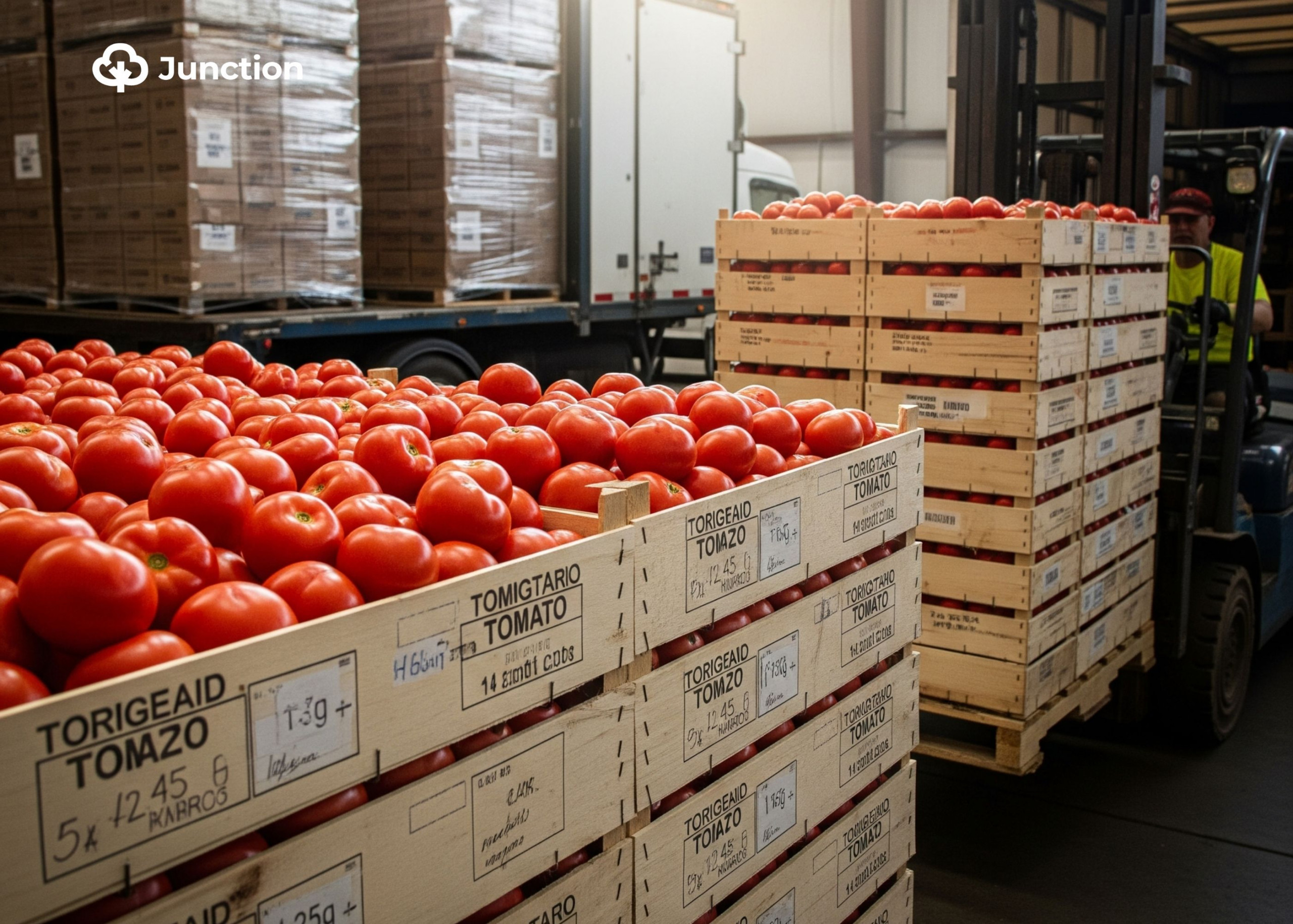News in brief:
– The US plans to impose a 21% tariff on Mexican tomato imports in an attempt to protect domestic growers amid claims of unfair pricing.
– Critics warn the move could raise prices, disrupt supply chains, and impact the $11.5 billion global tomato trade.
A long-running dispute over tomato imports from Mexico has reignited as the U.S. Commerce Department announces plans to impose a 21% antidumping duty on Mexican tomatoes starting in July.
The decision marks a withdrawal from the 2019 suspension agreement and reflects a broader effort by the Trump administration to revive trade protections for domestic producers.
Fresh tomatoes are one of the most imported produce items in the US, second only to avocados. Mexico currently supplies about 70% of the fresh tomatoes sold in American supermarkets. These imports have surged nearly 400% since 1996, driven by lower production costs and year-round availability, especially during off-season months in the US.
Supporters of the tariffs, including the Florida Tomato Exchange, argue that Mexican producers have long benefited from unfair trade practices, such as price manipulation. They claim US growers can meet national demand if given a level playing field and more market access.
Critics warn the move could lead to higher prices, job losses, and reduced availability. In 2024 alone, the US imported $3.1 billion worth of fresh tomatoes from Mexico. These imports support an estimated 47,000 American jobs across storage, distribution, and retail sectors.
Economists point out that while the tariffs aim to protect domestic farms, they risk harming the broader economy. Historically, similar measures have not significantly changed retail prices but have disrupted supply chains.
Globally, the tomato trade is big business. In 2023, global trade in tomatoes reached $11.5 billion—up 10.4% from the previous year—making tomatoes the 327th most traded product worldwide out of over 1,200. Mexico leads global exports at $3.06 billion, followed by the Netherlands and Morocco. The US, the world’s top importer at $3.31 billion, plays a critical role in this trade ecosystem.
As the July deadline approaches, stakeholders across borders are watching closely. The policy shift may not only reshape American supermarket shelves but could ripple through the global tomato economy if Mexican exporters have to find new markets.



